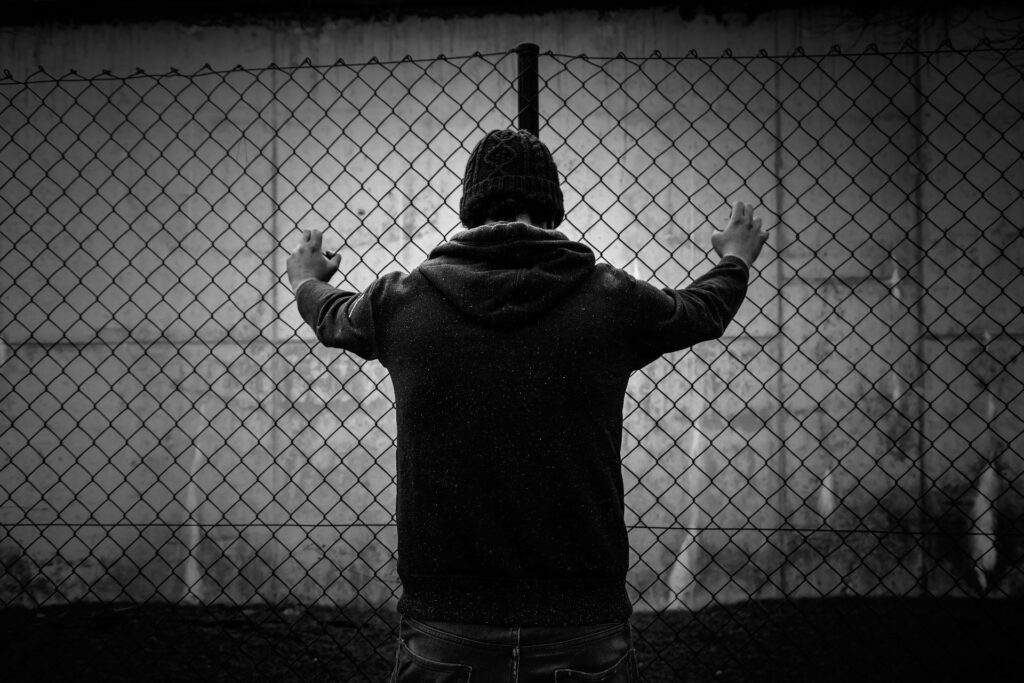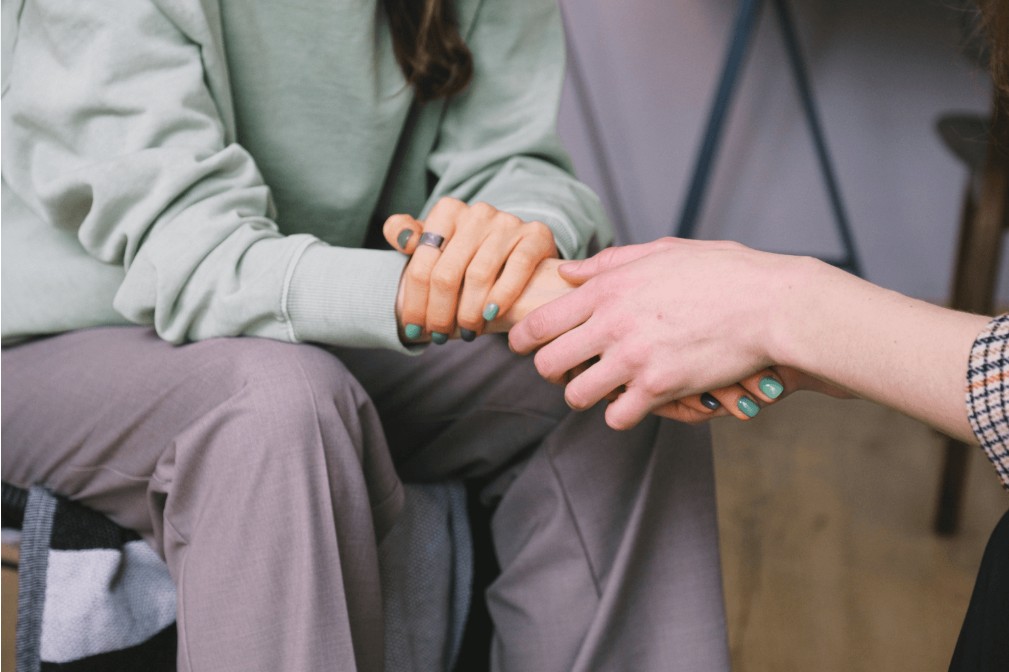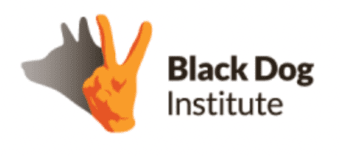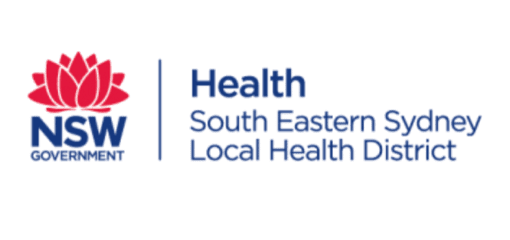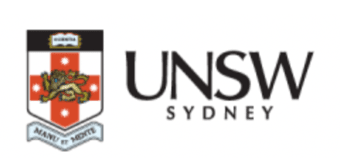Positive psychology resources to support your teen’s mental health
Monday, 15 August 2022
In Australia, young people aged 16 to 24 years have the highest prevalence of mental illness compared to any other age group.
We are currently facing some of the most challenging times as a nation, with research showing that the COVID-19 pandemic and associated disruption to normal life has affected young people’s mental health, with negative impacts reported on learning, friendships and family relationships (Li et al 2021).
Setting teenagers up with the right skills and resources early in life can help to support their well- being and resilience. About threequarters of common mental health problems emerge before the age of 25, so intervening early to provide the right tools is essential to enabling our young people to live healthy and fulfilling lives.
Start with positive psychology
Positive psychology is best understood as a group of mental health areas contributing to an individual’s well-being – which aligns with the World Health Organization’s (WHO) definition of mental health: “a state of wellbeing in which the individual is able to realise their potential, cope with normal life stresses, and is able to work and contribute to the community”. In this way, we can begin to think about the well-being of young people as more than just the absence of mental illness.
There are many areas of positive psychology that are thought to correspond to optimal mental health. These include gratitude, mindfulness, positive social relationships, meaning in life, flow, optimism, hope and a healthy lifestyle. Research has also shown that increases in gratitude alone, defined as a state of positive reflection, can lead to improved positive mood, life satisfaction, and relationships.
Research shows that positive psychology programs can lead to increased well-being and reduce symptoms relating to depression. These programs can be an effective early intervention tool for young people, helping them to build happier, healthier and more resilient lives.
Giving young people skills for mental health and resilience
BITE BACK is Black Dog Institute’s free, self-guided and online well-being resilience program based on positive psychology, for young people aged 16-24. It uses a combination of fun interactive activities, quizzes and animations across essential areas, including gratitude, optimism, flow, meaning, hope, mindfulness, character strengths, healthy lifestyles and positive relationships. BITE BACK teaches young people about the benefits of increasing well-being, strategies to develop skills in each area, and links to other relevant resources.
BITE BACK makes building skills for better mental health and well-being fun for young people. It features a Mental Fitness Challenge, which guides the user through the critical areas over six weeks. They are invited to learn and complete the weekly challenges and are rewarded with tokens that place them in a draw to win a $50 voucher at their favourite store.
Evidence shows that using BITE BACK can decrease symptoms of depression and anxiety and increase well-being in young people (Manicavasagar et al 2014). It also aligns with the Mental Health and well-being focus area of the Health and Physical Education Australian curriculum.
If you’d like to try this tool, you can access BITE BACK here.
References
Li S, Beames J, Newby J, Maston K, Christensen H, Werner-Seidler A (2021) The Impact of COVID-19 On The Lives and Mental Health of Australian Adolescents. European Child & Adolescent Psychiatry. https://doi. org/10.1007 /s00787-021-01790-x
Manicavasagar V, Horswood D, Burckhardt R et al (2014) Feasibility and Effectiveness of a Web-Based Positive Psychology Program for Youth Mental Health: Randomized Controlled Trial. Journal of Medical Internet Research 16(6) e140. doi: 10.2196/jmir.3176
Brings together the strengths of four founding organisations



